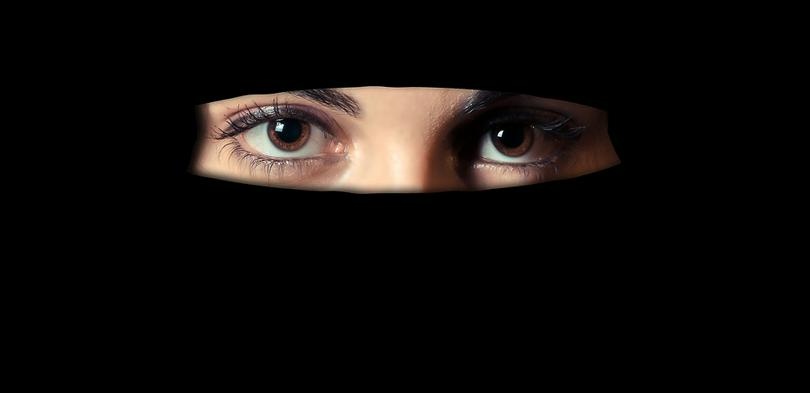Amidst the growing international concern over a large number of disappearance, China's western Xinjiang region has written internment camps for Muslim Uighurs into law.
According to Xinjiang, the camps will tackle extremism through "ideological transformation".
However, according to some human rights groups, detainees are made to swear loyalty to President Xi Jinping and criticize or renounce their faith.
In August 2018, China denied allegations that it had locked up a million people; however, officials attending a UN human rights meeting admitted that Uighurs "deceived by religious extremism" were undergoing re-education and resettlement.
Xinjiang has witnessed cycles of violence and crackdowns for years. China accuses Islamist militants and separatists of orchestrating the trouble.
Meanwhile, Xinjiang's new legislation is the first detailed indication of what China is doing in the region.
It states examples of behavior that could lead to detention include expanding the concept of halal - which means permissible in Islam - to areas of life outside diet, refusing to watch state TV, listen to state radio and preventing children from receiving state education.
As for the press, most of the media people who are going to report about the situation, especially those from foreign countries, will be heavily filtered.
China says its network of detention centers will also teach Mandarin Chinese, legal concepts and provide vocational training.
Human rights groups have criticized the move. Sophie Richardson from Human Rights Watch said the "words on paper outlining grotesque, vast human rights abuses don't deserve the term 'law'".
Islam in China
A wider campaign is also being launched by against Islamic practices across Xinjiang. It wants to stop the use of halal products that are not food.
According to one newspaper, the use of the term halal to describe items such as toothpaste blurred the line between religious and secular life and made people prey to religious extremism.
On the other hand, on October 8, 2018, Communist Party leaders in the regional capital Urumqi led cadres in swearing an oath to fight the "pan-halal trend".
New regulations also make it clear that Muslim women are banned from wearing veils.
Communist party members and bureaucrats have been told to speak Mandarin Chinese in public and not local languages.








